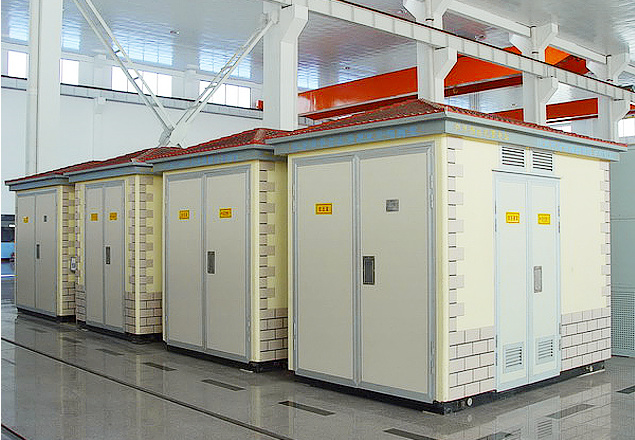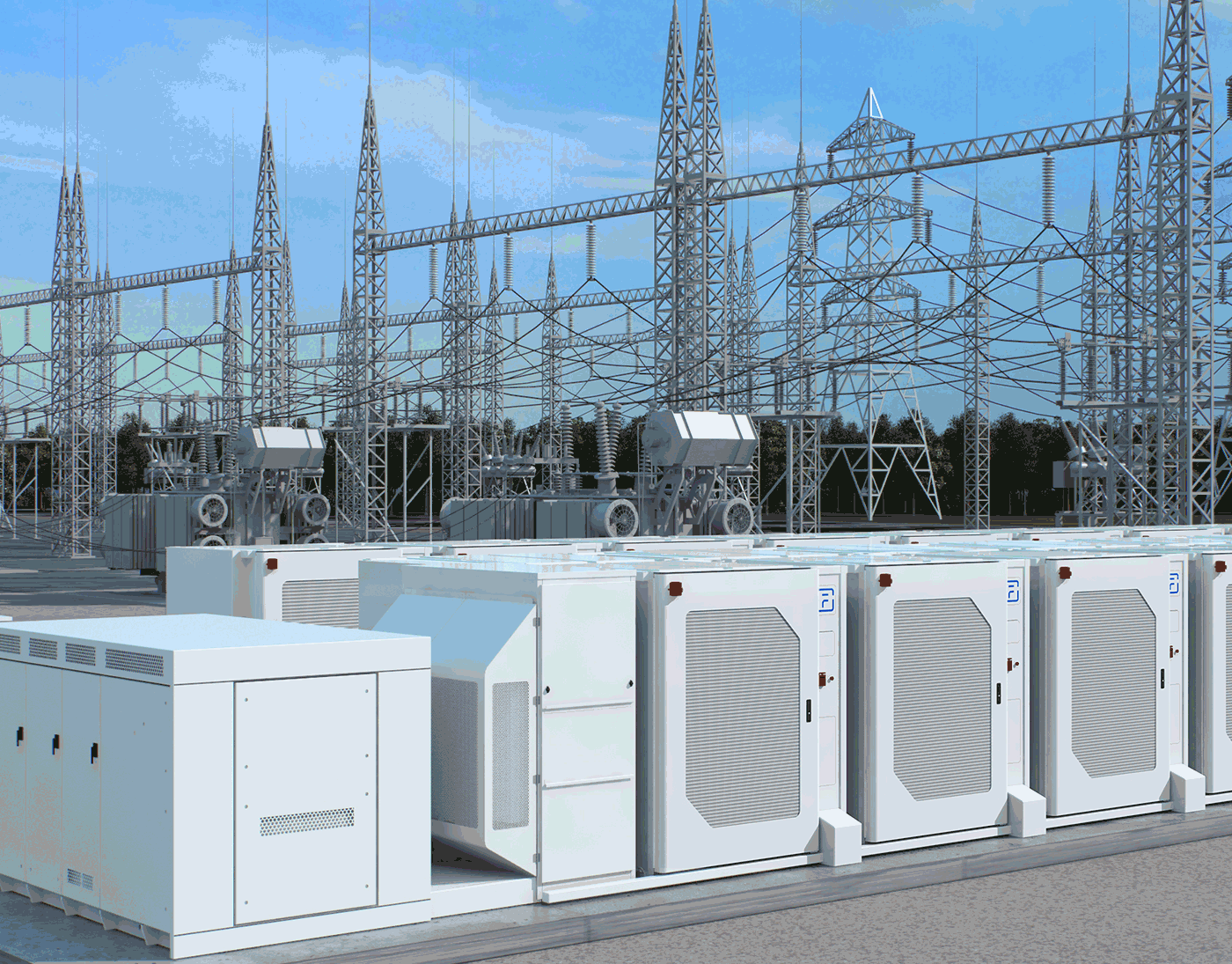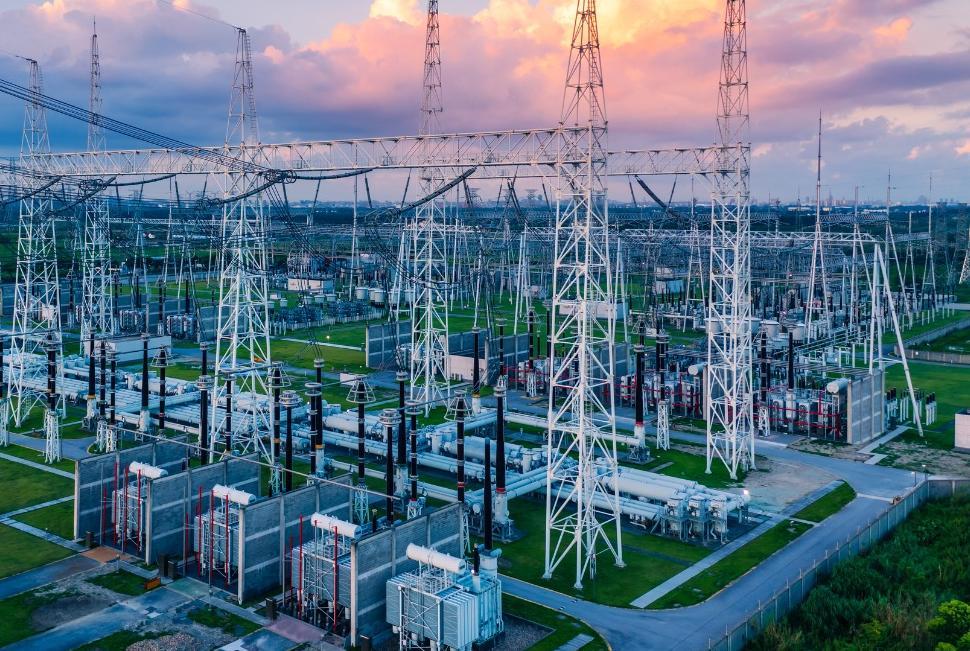Welcome to the official website of Luoyang AISITE Transformer Co., LTD
Working Principle and Market Analysis of Compact Substation
Release time:
May 23,2025
Source:
Substation is the core hub of the power system, which realizes the transmission, conversion and distribution of electric energy through electromagnetic induction and electrical control technology. Its working principle can be divided into the following core links:
1. Voltage conversion
Boosting: The electric energy generated by the power plant is usually 10-35kV, which is increased to 110kV~1000kV through the step-up transformer to reduce the line loss of long-distance power transmission.
Reducing voltage: After the high-voltage electricity reaches the power consumption area through the transmission line, it is gradually reduced by the substation to the voltage level that users can directly use (such as 10kV, 400V).
Key technology: Based on the principle of electromagnetic induction, the voltage is increased or decreased by adjusting the turns ratio of the transformer coil.
2. Power distribution
The power is distributed to different lines through the busbar, and the current flow is controlled by circuit breakers, disconnectors and other equipment to ensure that the power is distributed to industry, commerce or residential areas as needed.
3. System protection and control
Real-time monitoring: Current transformers (CT) and voltage transformers (PT) collect circuit parameters.
Fault isolation: Relay protection devices detect short circuits, overloads and other anomalies, triggering circuit breakers to cut off fault areas within milliseconds.
Intelligent control: SCADA systems remotely monitor load balance and reactive power compensation to optimize grid stability.

II. Core functions
Voltage regulation
Adapt to different transmission distances, match voltage levels at the power generation end and the user end, and ensure efficient transmission of electric energy.
Power distribution
Through multi-level busbars and switchgear, electric energy is accurately distributed to different users or regional power grids.
Safety protection
Lightning protection: Lightning arresters absorb lightning overvoltage and protect equipment from impact.
Fault isolation: Quickly cut off fault circuits to prevent grid collapse.
Reactive power compensation
Configure capacitor banks or reactors to improve power factor and reduce line losses.
Data monitoring
Integrate sensors and automation systems to monitor parameters such as temperature, load, and harmonics in real time to support intelligent decision-making.

III.Market Analysis
By 2025, the global substation equipment market will continue to grow steadily. According to industry analysis agencies, the current market size is expected to reach approximately US$152 billion, of which transformers as core components will still maintain a share of 45%-48%, and the average annual compound growth rate (CAGR) will be raised to 6.2%. The core driving factors for market expansion continue to deepen: first, under the background of global energy structure transformation, the demand for wind power and photovoltaic power generation grid connection has driven a significant increase in the scale of investment in smart transmission and distribution systems; second, developed economies such as Europe and the United States have accelerated the digitalization and flexibility of power grids, and the equipment update cycle has been shortened by 12%-15% compared with the original plan; third, emerging markets (through the National Electrification Initiatives) have driven the construction of substations into a high-speed growth stage.
Regional Market Insights
| Region | Demand Characteristics | Transformer Demand Hotspots |
| North America | Aging grid (70% transformers >25 years) + renewable integration (40% wind/ solar by 2030) | -High efficiency transformers (DOE 2016 standards) -66kV + transformers for offshore wind -Smart transformers (integrated monitoring) |
| Europe | EU's "Fit for 55" policy (doubling grid investment to €400B+ by 2030) | - Eco-friendly transformers (bio-based oil) - Compact GIS-compatible transformers - PV-integrated residential transformers |
| Asia-Pacific | China/India dominate new installations (60% global share); ASEAN power investment grows 7% annually | - Cost-effective oil-immersed transformers (≤35kV) - High-efficiency dry-type transformers (SCB13+) - Rail traction transformers |
| MENA | EPC projects dominate (>80%); Saudi “Vision 2030” drives renewables (58GW solar target) | - High-temperature desert substations (IP55-rated) - Modular prefab substations - Dust/corrosion-resistant transformers |
| Latin America | Hydropower expansion (e.g., Brazil’s Tucuruí) + wind growth (Argentina’s Patagonia) | - Sealed transformers for humid climates - Dual-winding wind transformers (±10% voltage regulation) - Rural electrification solutions |

IV. Application scenarios
Urban power grid
Demand characteristics: limited space, high reliability requirements.
Solution: Indoor GIS substation, European box transformer (modular design, protection level IP54 or above).
Industrial and park power supply
Demand characteristics: large load fluctuations, many harmonic interferences.
Solution: customized transformers (such as rectifier transformers), dynamic reactive power compensation devices.
Renewable energy grid connection
Demand characteristics: frequent voltage fluctuations, harsh environment (such as offshore wind power).
Solution: wide voltage regulation range transformer (±10% on-load voltage regulation), anti-corrosion box transformer.
If you are interested in compact substation, welcome to contact us freely. As a professional manufacturer of transformers since 2010, with rich experience of production, sale and export, we will provide you with the best service and one-stop solution for you.
keyword:
Previous page:
RELATED NEWS


